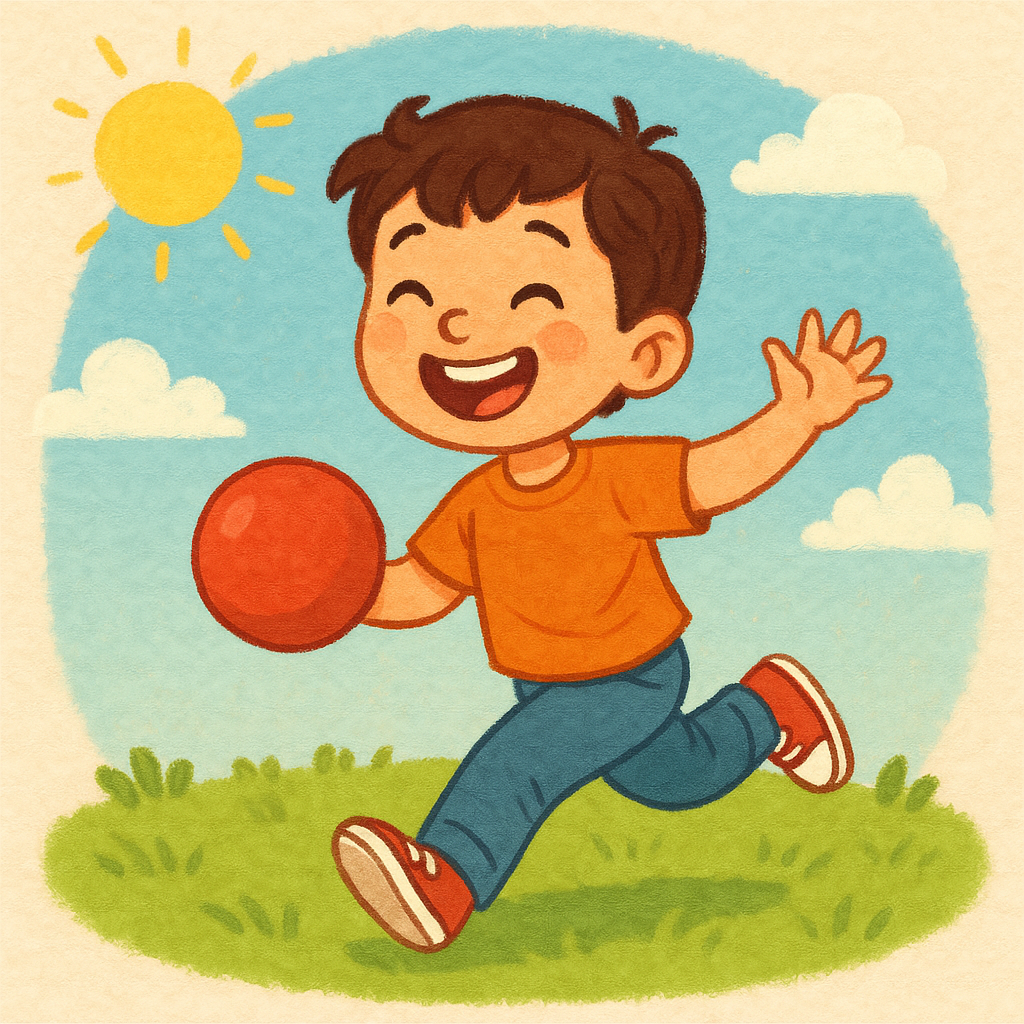
Why Play After Taking Supplements is Beneficial for Children
Share
Introduction
For many parents, ensuring their child receives the proper nutrition is a top priority. While balanced meals are essential, dietary supplements can fill critical gaps, especially during rapid growth periods. But what happens after a child takes their supplements? Encouraging active play after supplement intake may amplify the benefits — both physically and cognitively.
The Science Behind Supplements and Play
A 2020 study published in Nutrients highlighted that children who received appropriate vitamin supplementation showed improved energy levels and better engagement in physical activity (Gibson et al., 2020). Nutrients such as iron, B-complex vitamins, and omega-3 fatty acids have been shown to support brain function, stamina, and focus, all of which are beneficial during playtime.
Moreover, play itself is a critical developmental tool. According to Pellegrini & Smith (2007), play supports neural development, executive functioning, and social skills. When combined with the nutritional boost from supplements, play becomes more meaningful — leading to improved mood, cognitive engagement, and motor skill development.
Why Timing Matters
Taking health supplements earlier in the day, followed by physical or imaginative play, may help the nutrients absorb better by stimulating circulation and digestion. For example, vitamin D absorption is enhanced when children engage in outdoor activities, where they are exposed to sunlight. Likewise, active movement aids in the metabolism of B vitamins and iron, allowing kids to feel the energizing effects more quickly.
Additionally, engaging in play after supplementation may prevent children from experiencing discomfort that can occur if they sit idly post-consumption, especially with minerals like magnesium or zinc.
Benefits of Play After Supplementation
1. Enhanced Cognitive Engagement
Supplements like DHA and iron support brain development, and their effects are more noticeable when the brain is stimulated through strategic play such as puzzles, storytelling, or imaginative role-play.
2. Physical Energy and Coordination
Children supplemented with vitamin B-complex or magnesium tend to have improved muscular control and reduced fatigue (Kennedy et al., 2001). This can manifest during play as better stamina and coordination.
3. Emotional Well-being
Play triggers the release of endorphins, while nutrients like zinc and vitamin C reduce stress levels. The combined effect is a happier, more balanced child with improved emotional resilience.
Practical Tips for Parents
-
Time it right: Give your child their supplement 20–30 minutes before planned playtime.
-
Choose the right play: Focus on active, social, or creative play that stimulates both the body and mind.
-
Observe changes: Keep track of your child’s mood, energy, and focus post-supplementation and adjust accordingly.
Conclusion
Health supplements are not just pills or gummies — they are building blocks for better development. When paired with quality playtime, their impact becomes more holistic, influencing not just the body but also the heart and mind. Encourage your child to move, laugh, imagine, and play — and let their nutrition power every joyful step.
Cited Studies
-
Gibson, R. A., et al. (2020). Nutrients, 12(6), 1806. https://doi.org/10.3390/nu12061806
-
Pellegrini, A. D., & Smith, P. K. (2007). The Nature of Play: Great Apes and Humans.
-
Kennedy, D. O., et al. (2001). Psychopharmacology, 156(3), 207–217.
